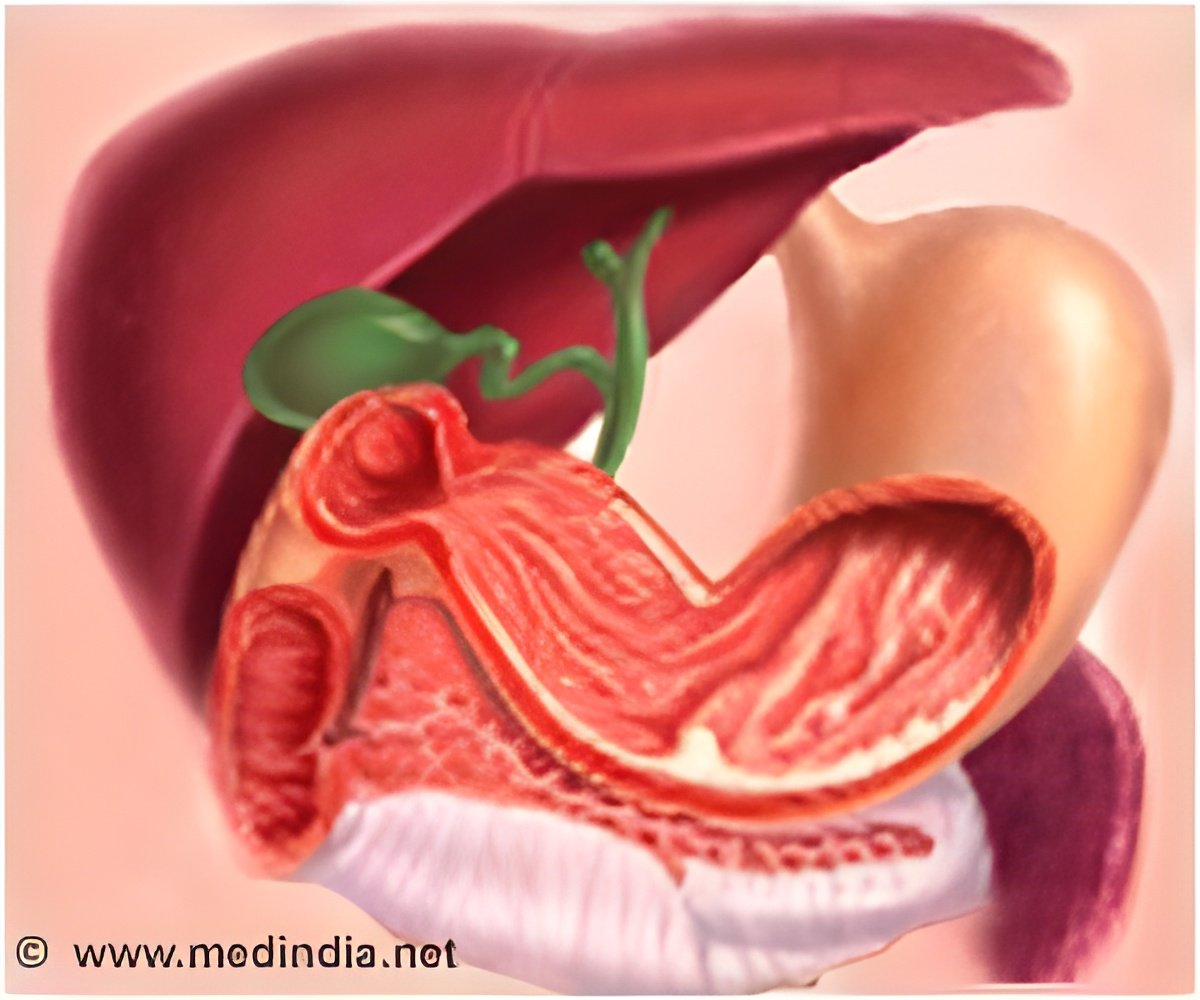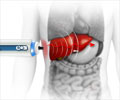Fructose in an itself is not to blame for the increase in non-alcoholic fatty liver disease, a new analysis of human trials has found

Since the disease is closely linked to obesity and Type 2 diabetes, there's a growing debate in the medical community about whether diet plays a role in its development, specifically the consumption of fructose.
The possible link to non-alcoholic fatty liver disease has become the main criticism against fructose among those who believe there is something unique about the fructose molecule or the way it is metabolized and blame it for the obesity epidemic.
Excess consumption of calories can contribute to the disease, regardless of whether those calories came from fructose or other carbohydrates, lead author, Dr. John Sievenpiper, a researcher in the Clinical Nutrition and Risk Factor Modification Centre of St. Michael's Hospital, said.
"The one thing fructose is supposed to do above all else is give you fatty liver disease, which some say is a starting point for metabolic syndrome-a term used to describe a group of conditions that puts people at higher risk of developing Type 2 diabetes, heart disease and other heart-related problems-and Type 2 diabetes itself.
"But we found it behaves no differently than glucose or refined starches. It is only when you consume excess calories in the form of fructose that you see a signal for harm but no more harm than if you consume excess calories as glucose," Dr. Sievenpiper said.
Advertisement
The research is published in the European Journal of Clinical Nutrition.
Advertisement














